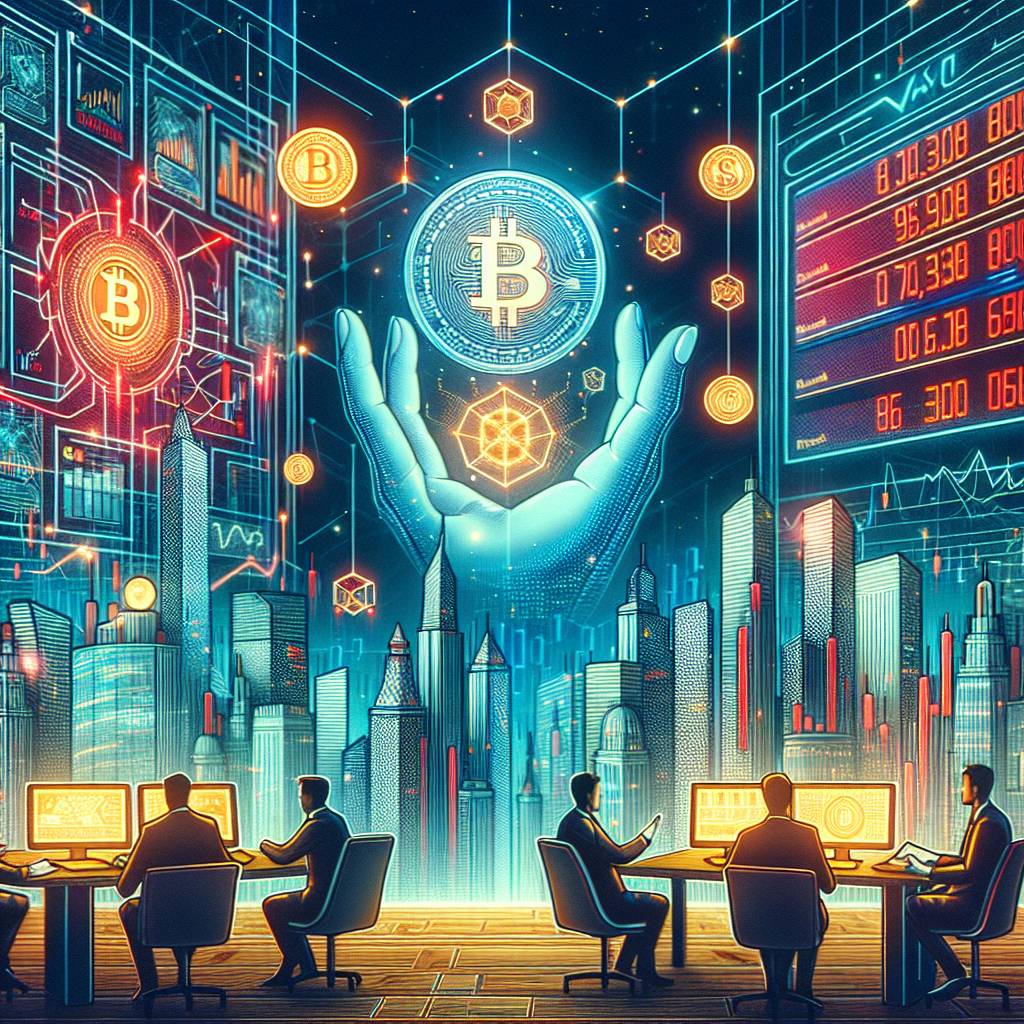What are the risks associated with investing in DeFi savings accounts?
What are the potential risks that investors should be aware of when investing in DeFi savings accounts? How can these risks impact their investments and what precautions can be taken to mitigate them?

4 answers
- Investing in DeFi savings accounts can be a lucrative opportunity, but it's important to understand the risks involved. One of the main risks is smart contract vulnerabilities. Since DeFi platforms are built on smart contracts, any flaws or bugs in the code can lead to security breaches and potential loss of funds. It's crucial to thoroughly review the smart contracts and only invest in platforms that have undergone rigorous security audits. Another risk is the volatility of the cryptocurrency market. DeFi savings accounts often involve investing in cryptocurrencies, which are known for their price fluctuations. Investors should be prepared for the possibility of significant value fluctuations in their investments. Diversifying the portfolio and not investing more than one can afford to lose can help mitigate this risk. Additionally, there is the risk of regulatory uncertainty. DeFi is a relatively new and rapidly evolving space, and regulations surrounding it are still being developed. Changes in regulations or legal actions can have a significant impact on the operation and profitability of DeFi platforms. Staying updated on regulatory developments and choosing platforms that comply with existing regulations can help minimize this risk. Overall, investing in DeFi savings accounts can offer attractive returns, but it's essential to be aware of the risks involved and take necessary precautions to protect investments.
 Dec 18, 2021 · 3 years ago
Dec 18, 2021 · 3 years ago - Investing in DeFi savings accounts can be a rollercoaster ride. While the potential for high returns is enticing, there are risks that investors need to consider. One of the biggest risks is the possibility of hacks and security breaches. DeFi platforms are built on blockchain technology, which is generally considered secure. However, hackers are constantly finding new ways to exploit vulnerabilities. It's crucial to choose platforms with strong security measures and to keep personal wallets and private keys secure. Another risk is the lack of regulation in the DeFi space. Unlike traditional financial institutions, DeFi platforms operate in a decentralized manner, which means there is no central authority overseeing their activities. This lack of regulation can lead to scams and fraudulent projects. It's important to do thorough research and due diligence before investing in any DeFi savings account. Lastly, there is the risk of smart contract bugs. Smart contracts are the backbone of DeFi platforms, and any coding errors can result in financial losses. Investors should carefully review the code and audit reports of the platform they are considering investing in. In conclusion, investing in DeFi savings accounts can be rewarding, but it's crucial to be aware of the risks and take appropriate measures to protect investments.
 Dec 18, 2021 · 3 years ago
Dec 18, 2021 · 3 years ago - Investing in DeFi savings accounts can be a great way to earn passive income, but it's not without its risks. One of the risks is the potential for impermanent loss. When providing liquidity to DeFi platforms, the value of the deposited assets can fluctuate, resulting in a loss compared to simply holding the assets. This risk is more prevalent in volatile markets. Another risk is the possibility of smart contract vulnerabilities. While DeFi platforms undergo security audits, there is always a chance of undiscovered bugs or vulnerabilities. It's important to choose platforms with a strong track record and a community of developers actively monitoring and improving the smart contracts. Furthermore, there is the risk of market manipulation. DeFi platforms can be susceptible to price manipulation by whales or coordinated groups of traders. This can result in sudden price movements that negatively impact investments. Staying vigilant and monitoring the market can help identify potential manipulation. In conclusion, investing in DeFi savings accounts can be profitable, but investors should be aware of the risks involved and take necessary precautions to protect their investments.
 Dec 18, 2021 · 3 years ago
Dec 18, 2021 · 3 years ago - Investing in DeFi savings accounts can be a risky endeavor, but with the right precautions, it can also be rewarding. One of the risks to consider is the possibility of rug pulls. Rug pulls occur when developers of a DeFi project exit scam, taking investors' funds with them. It's important to do thorough research on the project team and community reputation before investing. Another risk is the potential for liquidity crises. DeFi platforms rely on liquidity providers to function properly. If there is a sudden withdrawal of liquidity, it can lead to a collapse in the platform and loss of funds. It's crucial to choose platforms with a strong and active community of liquidity providers. Additionally, there is the risk of regulatory crackdowns. As DeFi gains more attention, regulators may impose stricter regulations on the industry. This can impact the operation and profitability of DeFi savings accounts. Staying informed about regulatory developments and diversifying investments across different platforms can help mitigate this risk. In conclusion, investing in DeFi savings accounts can be risky, but by conducting thorough research and taking necessary precautions, investors can minimize the potential downsides and maximize their chances of success.
 Dec 18, 2021 · 3 years ago
Dec 18, 2021 · 3 years ago
Related Tags
Hot Questions
- 99
What are the tax implications of using cryptocurrency?
- 98
How does cryptocurrency affect my tax return?
- 92
How can I minimize my tax liability when dealing with cryptocurrencies?
- 92
What are the advantages of using cryptocurrency for online transactions?
- 89
Are there any special tax rules for crypto investors?
- 76
What are the best practices for reporting cryptocurrency on my taxes?
- 71
What is the future of blockchain technology?
- 46
How can I protect my digital assets from hackers?
